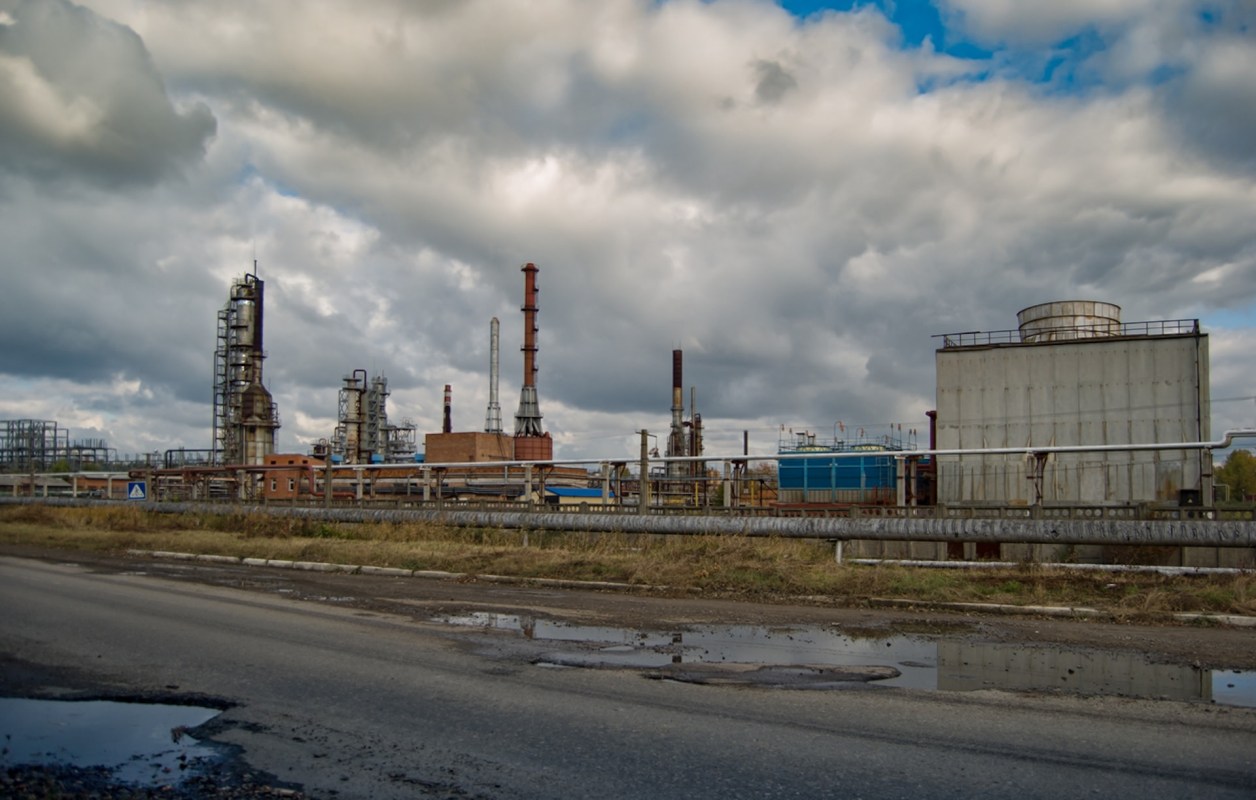Oil and gas companies have long been disregarding and downplaying the effects their operations have on the planet. However, recently unearthed documents revealed that these companies have long been involved with the very research that they've been denying since at least 1954.
What's happening?
In the documents, the fossil fuel industry — the industry of dirty energy sources such as oil, coal, and gas — was shown to have funded early research in climate science. Most notably, it funded the research of Charles Keeling, who developed a chart of Earth's rising carbon dioxide levels.
Not only was the industry aware of its impact on the environment, but it also actively funded efforts to delay climate action and deny the effects of Earth's rising temperature.
"[The documents] contain smoking-gun proof that by at least 1954, the fossil fuel industry was on notice about the potential for its products to disrupt Earth's climate on a scale significant to human civilization," historic climate disinformation expert Geoffrey Supran said.
Why are these documents important?
These documents show that these companies were aware their actions were harming the environment. They also show consumers that you should always be wary of brand messaging.
In the past, even after their research, oil and gas companies have released ads to confuse the public and policymakers about the climate crisis. These ads included headlines such as "Lies they tell our children" and "Oil pumps life." These messages told people that the climate crisis was a farce and that oil was not harmful to the environment.
Now, these ads are less direct, but these companies are still trying to deceive consumers. Their new tactic is called greenwashing. Greenwashing is when a company makes an unsubstantiated claim to appear more environmentally friendly than it really is.
For instance, there have been cases in which oil giants have claimed to invest heavily in renewable energy and sustainable practices, but deeper investigations suggested that they were exaggerated or misleading.
A report on ExxonMobil's 'advanced recycling' plant highlighted concerns that the recycling process it's using could actually be much worse for the environment than creating new plastic. Similarly, Shell has faced backlash for allegedly overstating its investment in renewable energy and for dubious claims related to carbon credits.
What's being done about this revelation?
Efforts to hold the dirty energy industry accountable for its decades-long campaign of climate misinformation are gaining momentum. Revelations from these documents provide additional ammunition for legal actions aimed at holding oil and gas companies liable for the damages caused by the climate crisis. Moreover, the industry's historical knowledge of climate risks strengthens calls for stringent regulations and policies to mitigate the impacts of dirty energy consumption.
By exposing the industry's complicity in obstructing climate action, these documents charge efforts to transition toward cleaner, renewable energy sources and pave the way for a more sustainable future.
Join our free newsletter for cool news and actionable info that makes it easy to help yourself while helping the planet.









